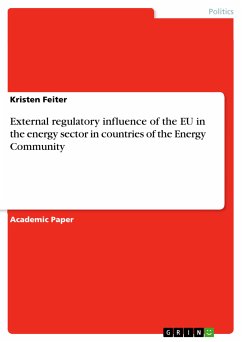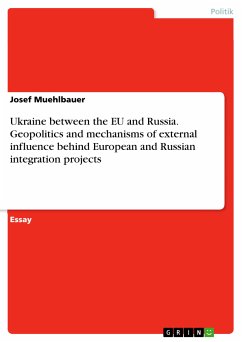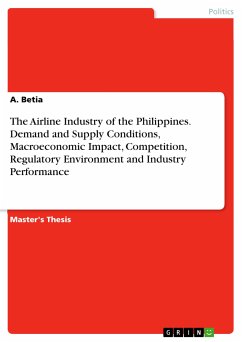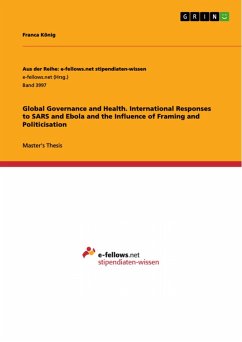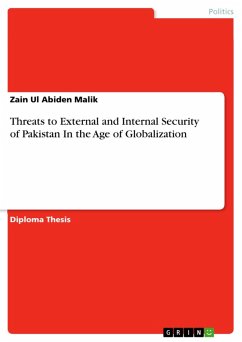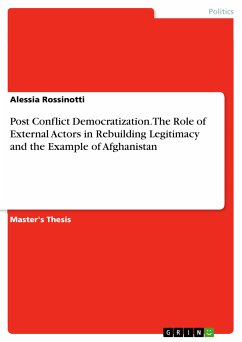Academic Paper from the year 2018 in the subject Politics - International Politics - Topic: International relations, grade: 8, Maastricht University, language: English, abstract: Energy policy is one of the most electrifying aspects of European integration and regulation. Ever since the goals of the EU energy-policy have first been mentioned in Article 194 TFEU of the 2009 Lisbon treaty, this sector has gained ever more importance. It is remarkable, that it took the EU so long to integrate, even that the EU started as a project in the energy sector. The 1952 Coal and Steel Treaty, together with the 1957 Euratom Treaty are one of the major founding treaties of the European Community (EC). By regulating the internal market of the EU, the Commission (COM) attempts to complement the existing rules in order to ensure the functioning of the internal market. Historically, the energy markets have been organised as public owned monopolies that were operated at a national level. In these times of independent but interconnected energy networks, only wholesale transactions were possible. These transactions took place between the owners of the energy grids (Vasconcelos, 2005; Matlary 1997). Most countries saw their energy markets as an important public service that was a key strategic asset and from large geopolitical and economic importance. This lead to a reluctance of liberalizing their respective energy markets to the extent that by 1994, only seven Member States (MS) have created independent regulatory agencies (Padgett, 2011; Eberlein 2008, Bartle 2005). By introducing the energy packages, the COM hoped to achieve a more secure, competitive and sustainable energy supply for the EU. The internationalisation of the energy sector and the progressing integration of the EU required the necessity of harmonisation of laws and standardisation in this sector. Three European energy packages have been published by the COM to regulate the internal market and also to include third countries and other markets, in order to reach the common energy-related goals and climate targets. Whilst governing and harmonising the internal market, the EU has developed from being an experiment for market integration towards being one of the largest and most important economic and political global entities. This special role also implied new opportunities and consequences, such as regulatory influence towards the internal- and external market, as well as towards other economies and economic unions. Since the 1986 Single European Act (SEA), the externalisation of economic and social agendas can be observed.
Dieser Download kann aus rechtlichen Gründen nur mit Rechnungsadresse in A, B, BG, CY, CZ, D, DK, EW, E, FIN, F, GR, HR, H, IRL, I, LT, L, LR, M, NL, PL, P, R, S, SLO, SK ausgeliefert werden.

